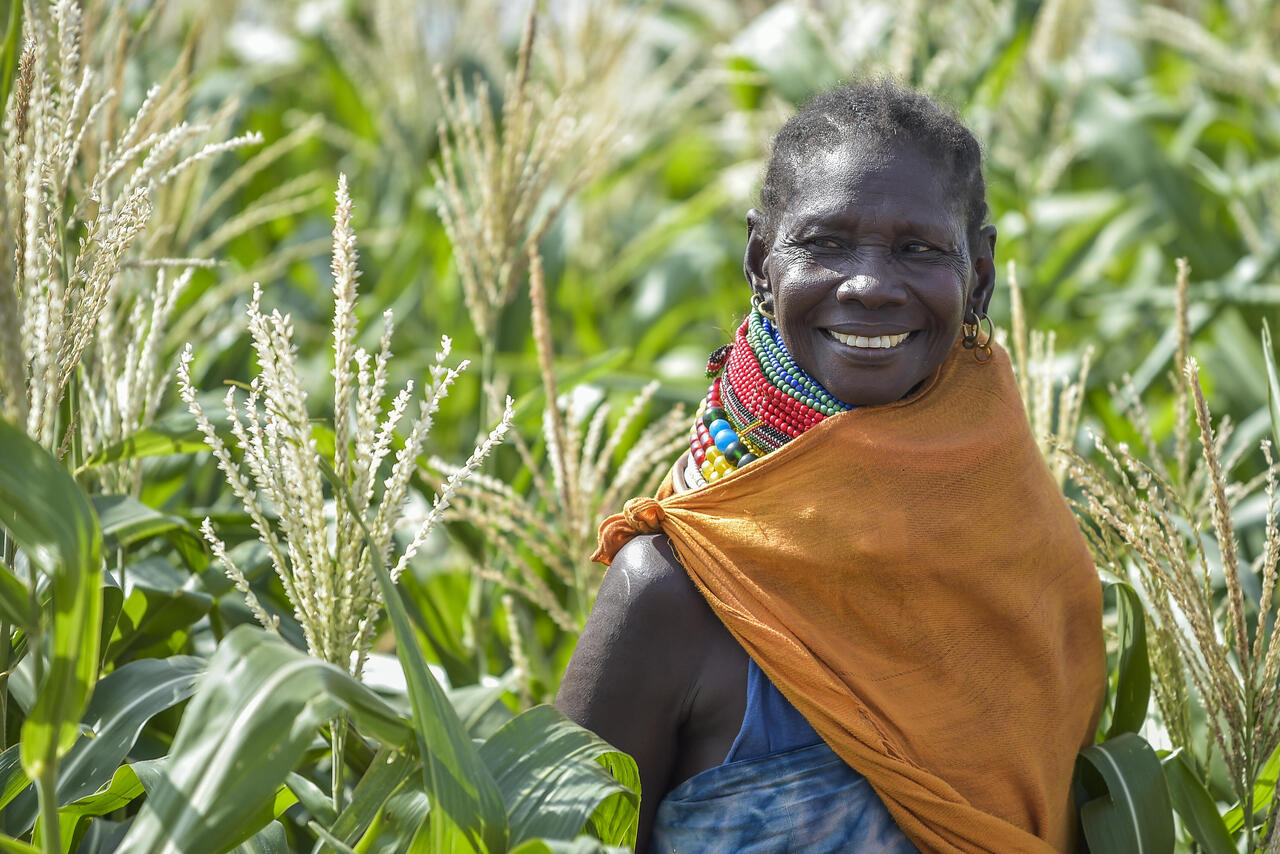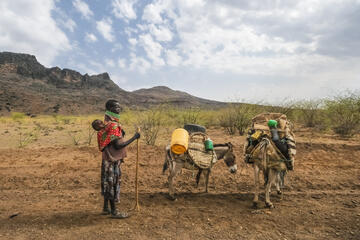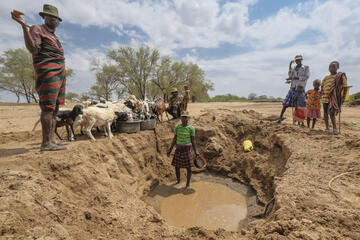Kenya: More than 2 million people affected by drought
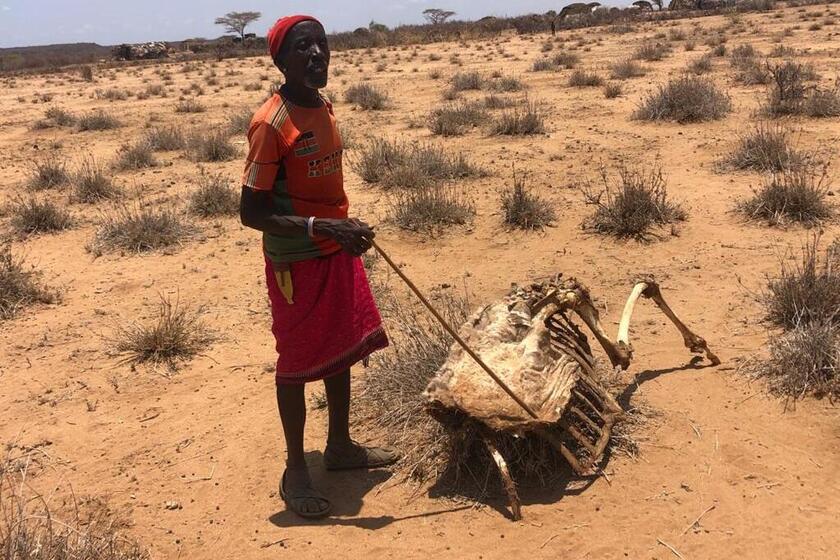
Cologne / Berlin / Nairobi , 21 September 2021
Malteser and Johanniter support rural communities
Last year, there was far too little rainfall in the north and east of Kenya. Pastures have withered, wells have dried up, and livestock are now malnourished and often infected with diseases. In addition, a severe locust plague and the COVID-19 pandemic have severely affected the nutritional situation for the population predominantly depends on pastoralism. More than two million people are now at risk of acute malnutrition due to the renewed lack of rainfall, fear Malteser and Johanniter. Therefore, the two organisations are expanding their humanitarian support.
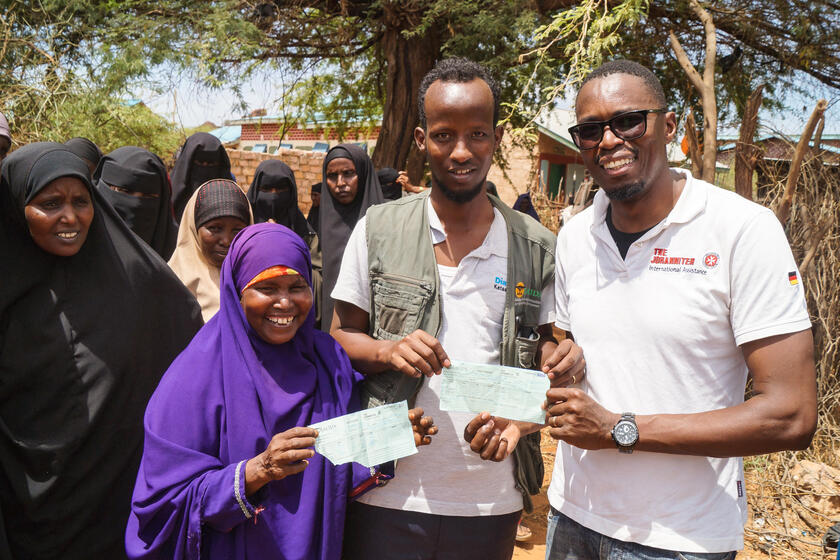
Together with their local partner organisation in Isiolo County, in the northern part of Kenya, Johanniter will distribute food vouchers for families who are particularly vulnerable to the drought. "In Isiolo County, about 80-90 percent of the population is affected by the drought. There is a severe vegetation deficit, with communities walking distances to access water and food for their livestock. If these no longer produce milk and can no longer be used as a source of food, malnutrition rates increase, especially for children, mothers and the elderly," fears Anette Müller, Head of Africa Desk at Johanniter International Assistance.
"To prevent people from losing their livelihoods, we will distribute food for the animals and have them medically treated. Because more and more diseases are spreading among the weakened livestock," says Martin Schömburg, Country Director of Malteser International in Kenya. "We also bring drinking water to the areas where the wells have already dried up or rehabilitate dried-up wells," says Schömburg.
Malteser International has been involved in the drought-affected region since 2011. Johanniter has also been supporting the people in north-eastern Kenya for many years in improving agriculture and better preserving food.
